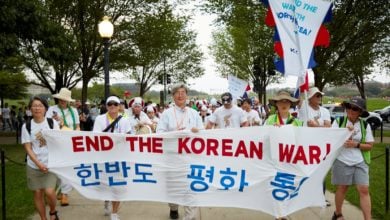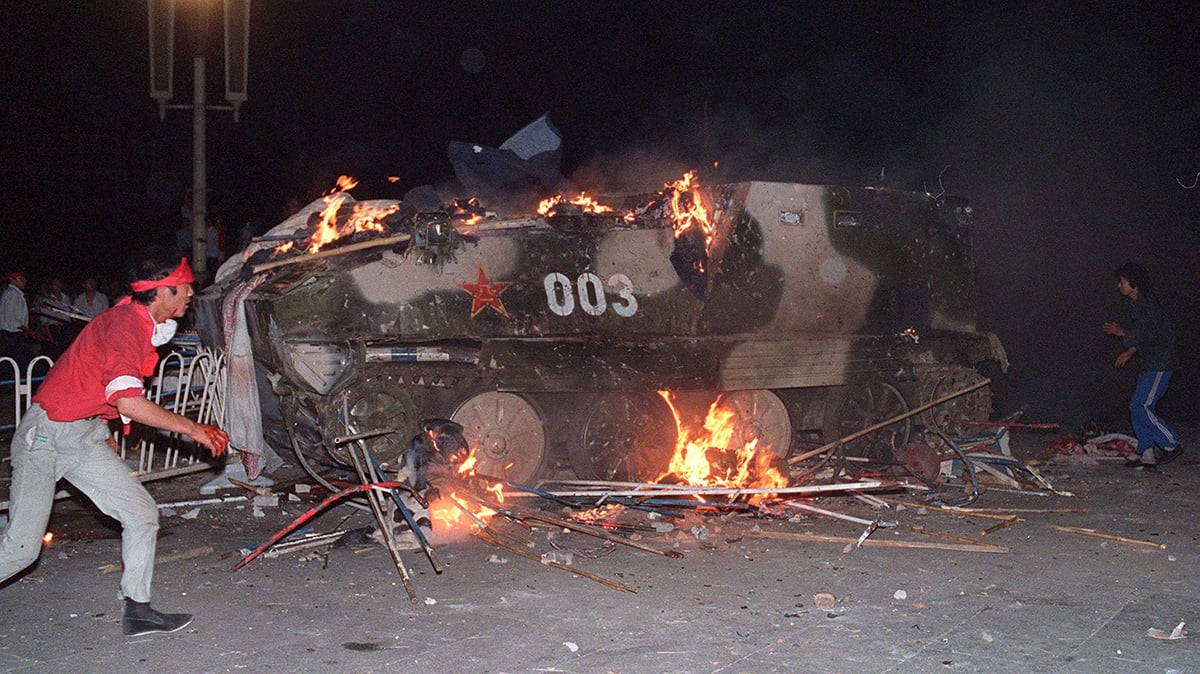The United Nations’ Human Rights Commission released a report this year accusing the Democratic People’s Republic of Korea, or North Korea, of committing crimes against humanity, concluding that the country’s leadership should face trial. In presenting the report, Michael Kirby, the chair of the UNHRC and co-founder of the far-right monarchist group, Australians for Constitutional Monarchy, went on to compare North Korean leadership with Nazi leadership while calling for their trial.
Accusations like these are hardly new: mainstream news is laden with a laundry list of accusations like it. Like the great majority of accusations hurled at North Korea in the past, the UNHRC Report rings hollow as a thinly veiled justification for U.S. aggression toward North Korea.
UNHRC and other UN reports
What is unique about the most recent report is that it brazenly disregards decades worth of the UN’s own research. Research by Hazel Smith, recently published in the journal Critical Asian Studies proves this in detail. In a brazen display of laziness, the new UNHRC report goes as far as to literally copy and paste from previous UNHCR reports, evidencing a lack of new research on North Korea by the UNHRC.
Moreover, UNHRC stands alone among other UN agencies in drawing such drastic conclusions about North Korea. In fact, the vast majority of information regarding food, nutrition and health in North Korea proves exactly the opposite of the UNHRC’s findings. These include reports from the UN World Food Program, the UN Food and Agriculture Organization, UNICEF, the World Health Organization and the UN Development Program. This impressive array of organizations has been conducting research in North Korea since the 1990s. As a result they have produced a wealth of information regarding access to food and healthcare in North Korea.
The data they have collectively produced firmly contradict the figures cited in the UNHRC report. For example, whereas the UNHRC report claims 6 million people in North Korea “urgently required international food assistance,” the most recent FAO, WFP and UNICEF reports argue that there are no famine-like conditions and that there is no general food and health crisis when compared with other countries with similar income levels. In fact, previous UN specialist agencies’ reports show the UNHRC’s accusations are pure fantasy: no UN specialist agency has identified the North Korean government’s food and health policy in terms even vaguely similar to the UNHRC’s report.
To the contrary, conditions in North Korea are vastly better than those in other developing countries.
For example, as of 2012, North Korea’s rate of wasting—abnormally low weight in children—was at 5.2 percent in 2012, whereas wasting children counted in at a whopping 20 percent in India and 13 percent in Indonesia. In 2012, stunted height—a sign of low caloric intake over an extended period of time—was 28 percent in North Korea, compared with India’s staggering rate of 47 percent, Indonesia’s rate of 36 percent and the 39 percent average for South Asia.
Contrary to the UNHRC fantasies, the facts show an impressive record for North Korean public health policy. While having nearly half the stunting rate of India, for example, North Korea has been isolated internationally thanks to decades of US-led diplomatic, economic and military pressure. Combined with northern Korea’s mountainous geography, the blockade against North Korea produces very formidable public health policy challenges. That conditions in North Korea compare so well with countries elsewhere in Asia with plentiful and fertile farmland and which are well-integrated into the world economy speaks to North Korea’s heroic resistance to U.S. efforts at isolation and forcible regime change.
Hypocrisy hiding history
The UNHRC’s report reiterates a long list of tried-and-true lies about North Korea, which the United States has used in its longstanding campaign to overthrow North Korea’s revolutionary government. Since the victory of revolutionary Korean socialist forces against Japanese colonialists in 1945, the United States has demonized North Korea at every turn in an attempt to unite public opinion against North Korea.
Socialists of all stripes in the United States should understand that imperialism is the foundation of modern capitalism, since capitalism requires ever-cheaper resources and labor power, which can ultimately only be found in sufficient quantity through imperialist conquest. In other words, imperialism is the most advanced stage of capitalism.
Opposing imperialism is consequently imperative for all people in the hubs of global capitalism in the struggle for socialism. In North Korea’s case, the historical record is clear: the struggle against the United States is a struggle against imperialism, pure and simple. The nature of the struggle against North Korea should merit support for the Korean working masses by any and everyone seriously committed to ending capitalist oppression.




